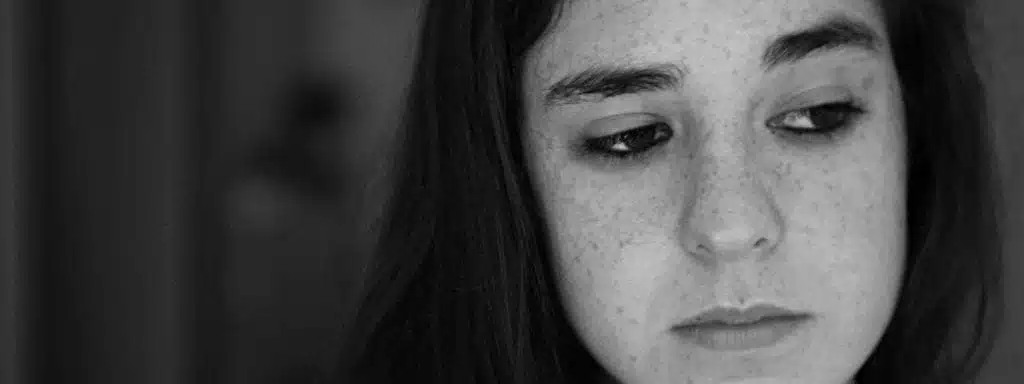Over 70 years ago, Dr Alfred Tomatis, a French Ear, Nose, and Throat specialist, made interesting discoveries. He based his theory on his discovery that the ear plays a leading role in human development, right from the early stages of foetal life. This led to the development of a unique, ground-breaking theory. It explained how music and sounds are powerful forces for change and healing.
Dr Tomatis discovered the energising and therapeutic effects of high-pitched sounds. More and more research also proved that music can:
- raise or lower your blood pressure
- affect your muscular energy
- change your metabolism
- influence your digestion
- have a powerful effect on your emotions and behaviour.
In observing the effects of different kinds of music, Dr Tomatis concluded that none of them produced the sought-after therapeutic effects like that of Mozart’s.
Mozart’s score achieved the perfect balance between the relaxing and energising effects of sound. Listening to the high frequencies of Mozart gives you more energy than a cup of coffee; it also makes you happier and healthier.
Recent studies in Sweden confirmed the clinical results observed for decades in Tomatis® Centres in helping people to reduce stress and being able to cope better with the daily challenges of life and work.
A study conducted in Sweden with 60 people has shown that people diagnosed with burnout, stress, insomnia, depression, and even stroke, whiplash, and brain injury have recovered quite well after doing 90 hours of the Tomatis® Program.
Another thing for people with anxiety and depression is how to go back to full-time employment. At 6-months follow-up, 60% of the people were working full-time whereas there were less than 30% before attending the Tomatis® Program.
The Tomatis® Method is a useful tool for a range of conditions, including stress reduction, behavioural problems, confidence, and others related applications. People who are seeking to enhance their lives or looking for a tool for personal development would appreciate this unique therapeutic approach.
Dr Tomatis points out that high-frequency sounds such as in classical music stimulate the brain, whereas low-frequency sounds such as rock music can drain energy away. The cortex requires enormous amounts of stimulation to remain dynamic, to think, and to operate with vitality.
The high-frequency music of Mozart, particularly when filtered through the TalksUp® device, is very energising; while Gregorian Chant slows down the heartbeat and promotes deep relaxation.
Both types of music are used in the Tomatis® Method to help reach one’s intellectual and physical potential. By “charging” the cortex and reducing the tension, the Tomatis® Method not only maximises one’s capabilities but also encourages a more balanced life.




